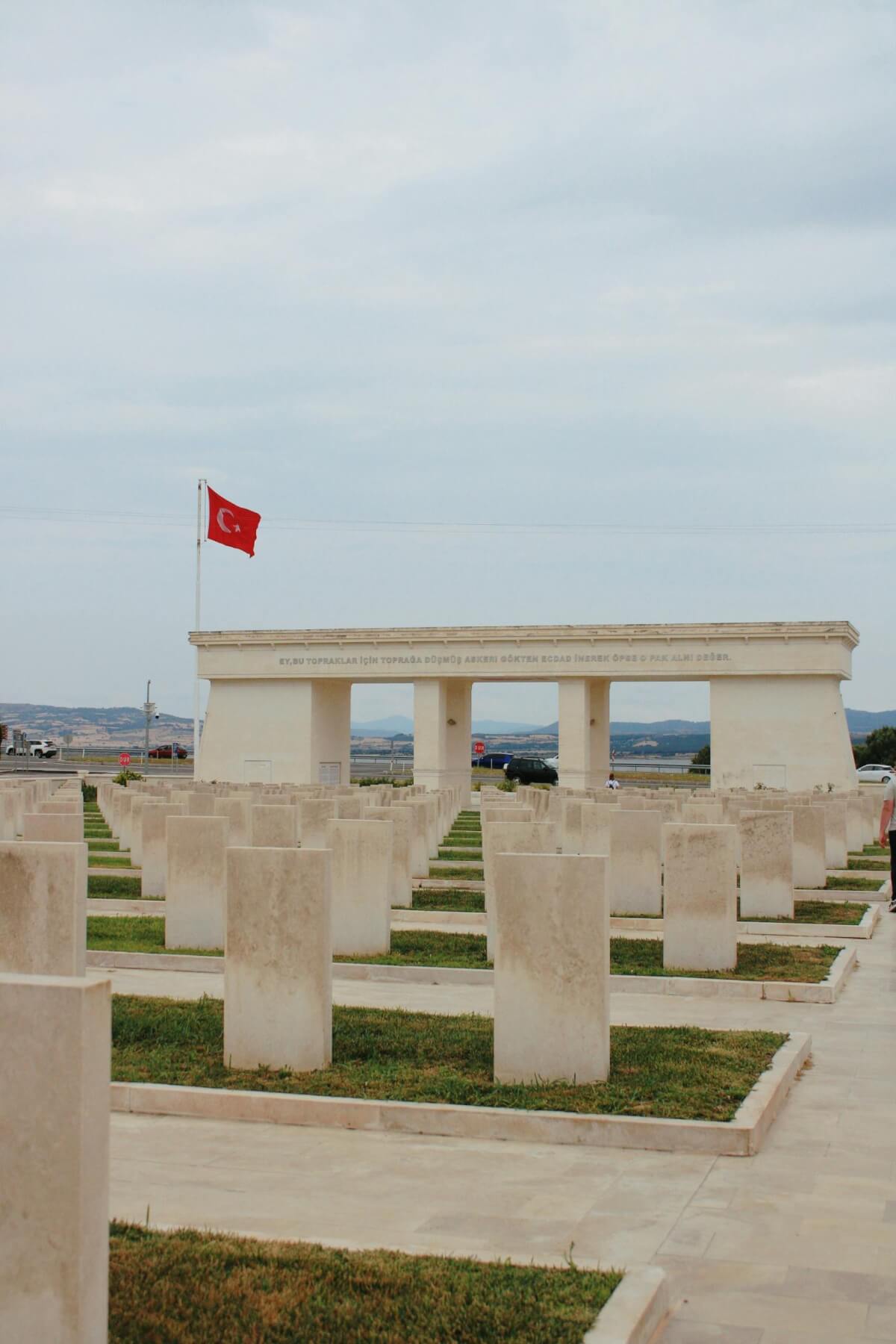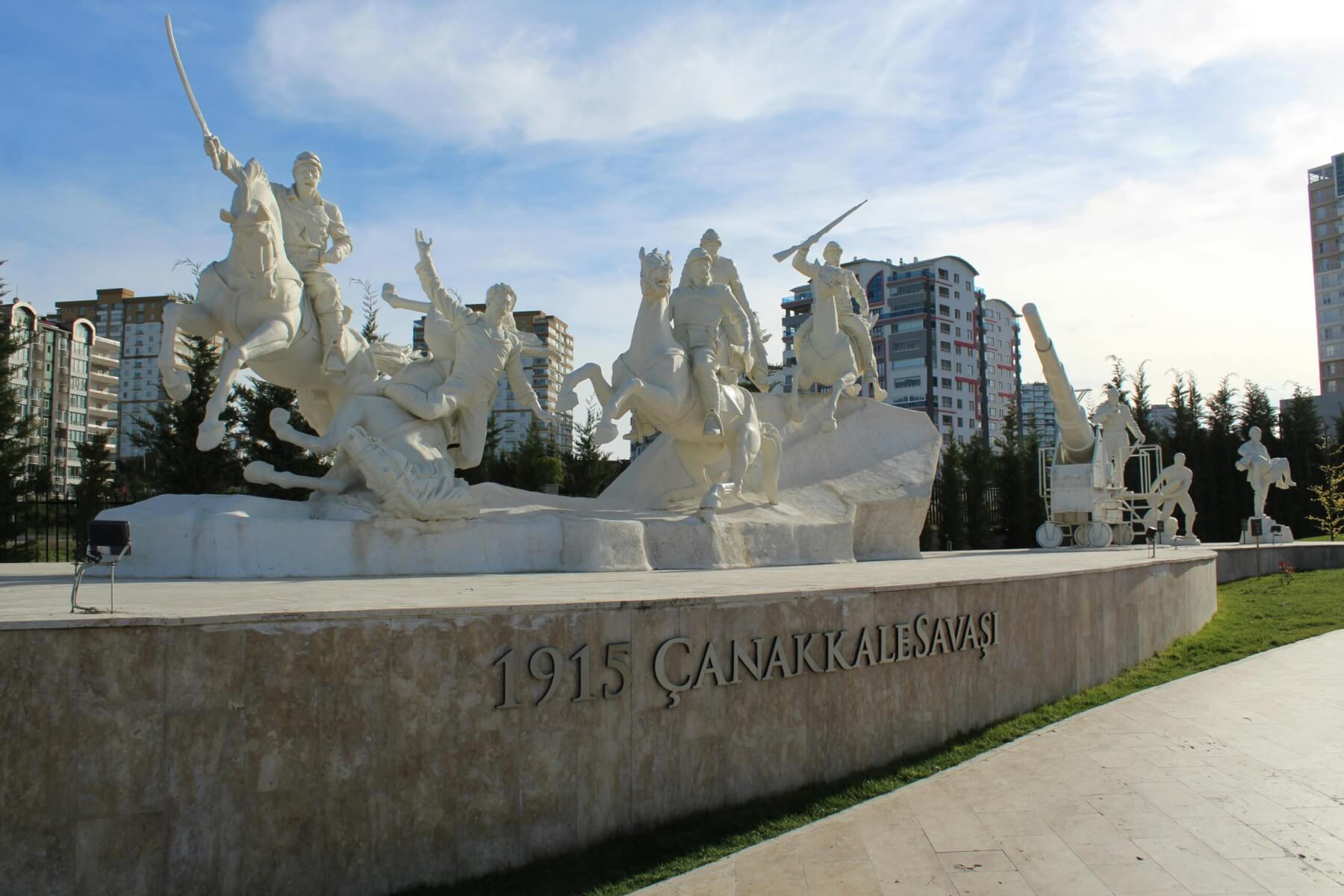
Poppies
Last Thursday, Anzac Day summoned our nation to remember back to 1915 when Australian and New Zealand Army Corps (ANZAC) landed at Gallipoli in Turkey. That woeful, ill-conceived episode engaged some 16,000 Kiwi soldiers. About 60 per cent were to become casualties. Australian allies similarly suffered huge losses with the Turkish defenders at the tops of the hilly cliffs suffering horrendously as well.
Anzac Day reminds us of two things… firstly, of stories of bravery, of sacrifice and comradeship that deserve to be remembered. Servicemen and women contributed to serving New Zealand in both World Wars, as well as other interventions – many making the ultimate sacrifice, losing their lives on foreign soil.

Murray Smith
Secondly, it reminds us of the value in looking back. History could be a great teacher if we were willing learners. It amazes me how we as humans fail to learn from the past. Wars are one potent example of this fact.
British author H.G. Wells coined the expression in describing World War One: “The war that will end war.” The phrase was embraced because the loss of life, destruction, misery and devastating collateral damage it caused, was considered to have taught a ‘forever’ lesson.
Unfortunately, the peace treaty officially ending that conflict—the 1919 Treaty of Versailles, did nothing to prevent the outbreak of history’s most destructive war a mere 20 years later. In World War Two estimates of those killed vary from 35 million to 60 million. The total for Europe alone was 15 million to 20 million—more than twice as many as in World War One.

Canakkale Martyrs War Memorial in Turkey. Photo by Neslihan A. pexels.com
If we observed and learnt from past mistakes, could we avoid repeating similar pitfalls in the future? What’s true in the broadest sense of history applies equally at a personal level. Reviewing past experiences of pain, failure and disappointment should be instructive in calling us to never repeat such occurrences. Sadly, a re-current theme of human history is to recreate evils of the past.
I’ve visited the Yad Vashem History Museum in Jerusalem twice. The impact of this memorial to victims of the Holocaust is profound. Hollowed out from an underground cavern, there’s a moving tribute to the approximately 1.5 million Jewish children who were exterminated by Nazi Germany. Memorial candles, a customary Jewish tradition to remember the dead, are reflected infinitely in a dark sombre space, creating the impression of millions of stars shining in the firmament. The names of murdered children, their ages and countries of origin can be heard in the background.
I wonder why this place and the facts about why it exists, haven’t been a handbrake to any such atrocity ever blighting history again… simply, we forget, when we are meant to remember.
The common inscription on war memorials, “Lest we forget,” could apply to many contexts in life. We are so prone to forget and lose sight of things we’d benefit from remembering. Anzac Day summoned our remembrance of the sacrifice made by many… just weeks ago, Easter summoned remembrance of Christ’s death on the cross and His resurrection…so often overlooked, yet of unequalled significance to all humanity.
To look back and understand that changes everything.

Monument to Gallipoli Campaign in Turkey. Photo: Eray Zobu, pexels.com








